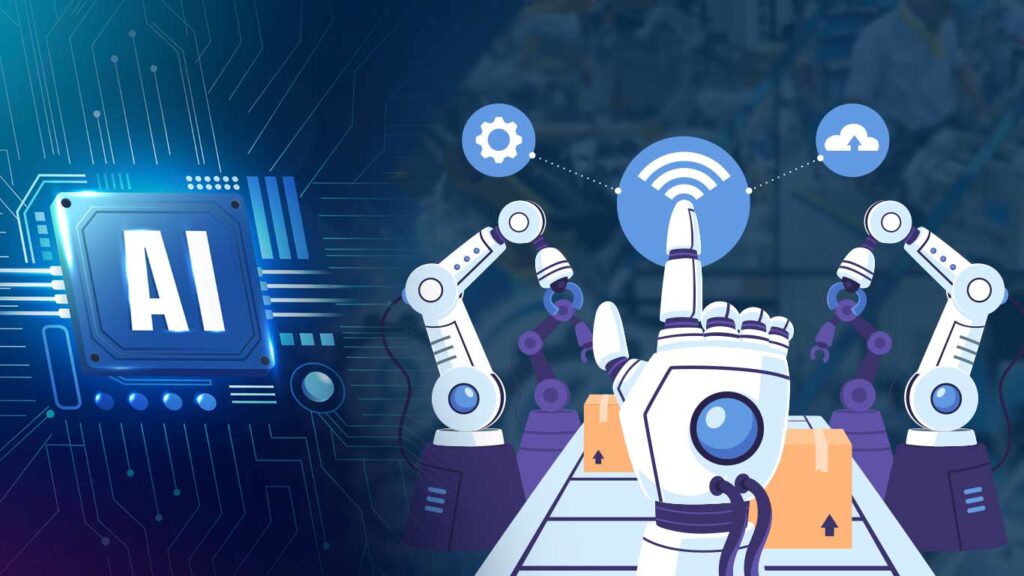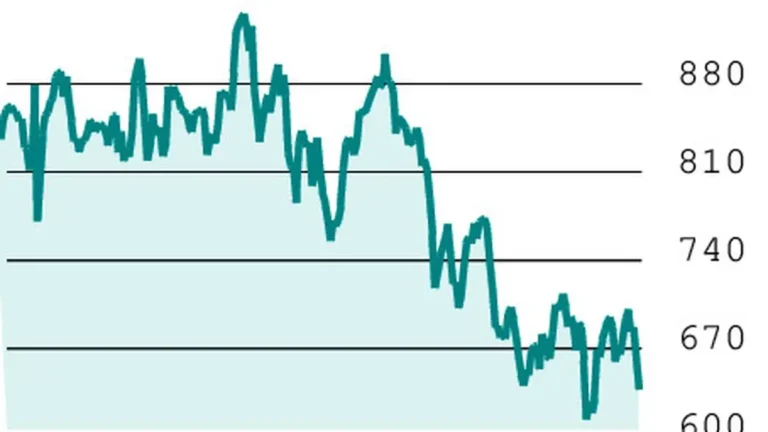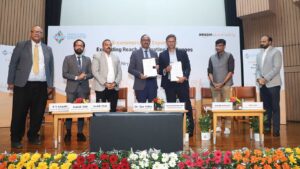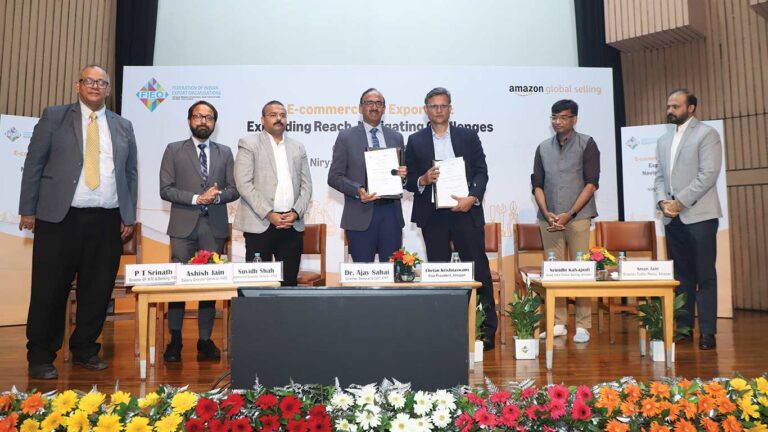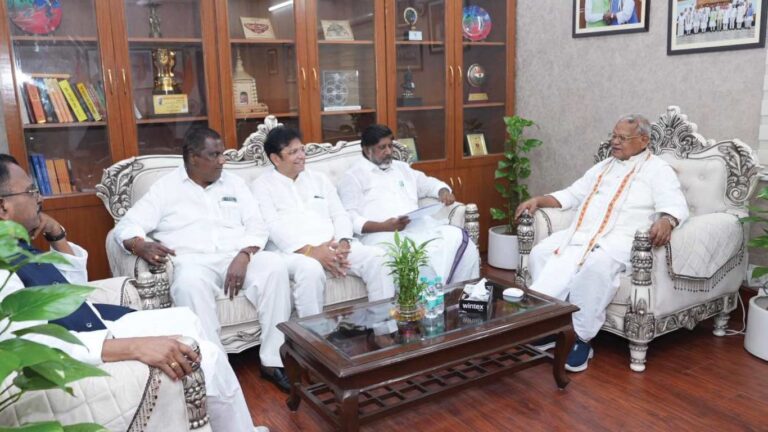New Delhi, Jun 20 (KNN) The Confederation of Indian Industry (CII) Karnataka chapter outlined its strategic priorities on Thursday, emphasising artificial intelligence-led transformation, emerging sectors, and micro, small and medium enterprises (MSME) capacity building as key drivers to strengthen the state’s global competitiveness.
Rabindra Srikantan, Chairman, CII Karnataka and Founder and Managing Director of ASM Technologies Ltd, detailed the organisation’s vision during a press briefing dedicated to discussing CII’s future roadmap.
He emphasised the need to establish a resilient and agile industrial ecosystem capable of leading in critical sectors including semiconductors, design-led manufacturing, AI-powered production, and clean energy.
The expansion of Global Capability Centres (GCCs) represents a cornerstone of this strategic initiative, according to Srikantan.
He noted that these centers are undergoing a significant transformation, evolving from traditional support hubs into strategic innovation engines that span multiple industry sectors.
CII Karnataka’s approach involves collaborative partnerships with government institutions, academic organisations, startups, and international partners to stimulate investment flows, develop advanced technological capabilities, and accelerate industrial transformation across the state.
Guruprasad Mudlapur, Vice Chairman, CII and President of Bosch Group in India and Managing Director of Bosch Limited, highlighted the organisation’s commitment to expanding competitiveness beyond Bengaluru to encompass other regions throughout Karnataka.
He stressed the importance of deepening collaboration between government, industry, and academic sectors.
The confederation’s strategy encompasses accelerating inclusive and future-oriented growth through enhanced competitiveness, improved ease of doing business, trust-building initiatives, and comprehensive MSME support across Karnataka.
Mudlapur outlined plans to focus on infrastructure development, policy simplification, and technology adoption as mechanisms to strengthen industrial resilience.
A significant component of the roadmap involves targeted support for businesses, particularly MSMEs operating in Tier 2 and Tier 3 cities.
This support structure will include structured mentoring programs, sustainability initiatives, and comprehensive skilling platforms designed to enhance operational capabilities and market competitiveness.
(KNN Bureau)


